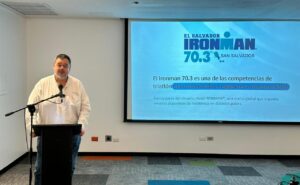The Asociación Bancaria Salvadoreña (ABANSA) issued an urgent call to the public to be alert to an increase in fraud affecting users of the national financial system. According to the institution, these criminal practices do not discriminate by age, gender, or socioeconomic level, meaning that anyone can become a victim.

The main objective of scammers is to gain access to users’ bank accounts and personal information. To achieve this, they resort to sophisticated deception techniques, often difficult to detect, that exploit victims’ trust and lack of technological knowledge.
Among the most common methods used by criminals are social engineering, SIM swapping, and WhatsApp spoofing. These practices involve manipulating victims into revealing confidential information, cloning phone lines to receive security codes, or impersonating people on digital platforms to gain access to personal and financial data.

ABANSA warns that many of these scams begin through fake videos, posts, or ads on social media, offering supposed investments with high returns or nonexistent prizes. These tactics seek to capture people’s attention and persuade them to provide sensitive information or make transfers.
As part of the recommendations to prevent these crimes, ABANSA urges citizens not to share passwords, frequently monitor their bank accounts, avoid clicking on suspicious links, and be wary of unverified messages or calls, even if they appear to be from recognized institutions.

If you suspect you have been a victim or target of a scam, the Association suggests immediately contacting the Fiscalía General de la República and the Policía Nacional Civil, which have specialized cybercrime units and can provide guidance and follow-up on cases.







